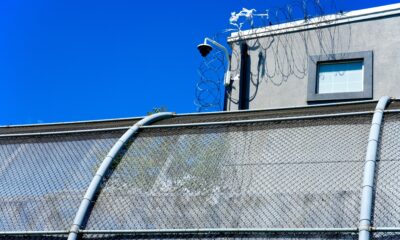British Farmers, Officials Speak Out Against Strict ‘Green Ideology’

Leftist efforts to crack down on the agricultural industry for the ostensible purpose of protecting the environment have drawn harsh criticism around the world by those who believe such strategies will lead to massive food shortages and skyrocketing costs.
In the United Kingdom, conservative politicians are beginning to heed the concerns of farmers and are working to bring an end to the policies they say threaten the lives and livelihoods of individuals across Britain and beyond.
Member of Parliament for North East Somerset Jacob Rees-Mogg has been particularly outspoken recently, sounding the alarm about leftist restrictions that could tank the U.K. economy and plunge the society into chaos.
His remarks have touched on a number of proposals, most notably the Sustainable Farming Initiative, which are included in a broader framework laid out by the Environment Land Management. The stated goal of these programs is to improve environmental sustainability by limiting the amount of farmland available to grow crucial crops.
“The green ideology seeks to make us not only cold and poor, but also hungry,” he declared. “It makes no economic or social sense and needs to stop.”
Other officials, including West Dorset MP Chris Loder, are staking out similar positions.
“In my own constituency, I’ve opposed plans for large-scale solar farms which would do just this,” he said of efforts to halt the growth of food crops across wide swaths of farmland. “We should be harnessing highly fertile land to take our self-sufficiency levels way above 60% and to support our farmers who produce much of what we consume in this country, because food security is as important as any other matter.”
One farmer who accepted government subsidies in exchange for voluntarily reducing the output from his 670-acre farm said that, despite signing up for the Sustainable Farming Initiative, he is concerned about its ramifications.
“The huge danger in my view is there will be a severe contraction in domestic agricultural output,” Stephen Holt said.
James Williams agreed, noting that he has been coerced into halting production on about 30% of his land and that, if his experience is an indication of what is happening across the U.K., the threat to the greater food supply is “only too obvious.”
























